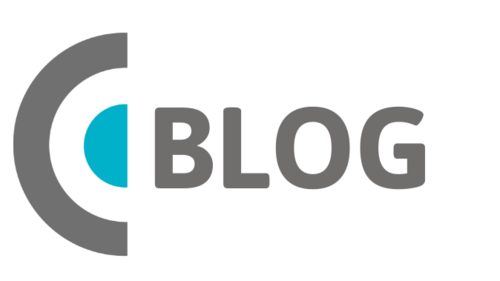CommonHealth Assets: The Lived Experience Panel – initial reflections and tips for PPIE in research
05 September 2022
In this blog, Mohasin Ahmed discusses our work on the Lived Experience Panel component of the CommonHealth Assets research project. In our previous blog we emphasised the importance of including community voices and perspectives in research. Within CommonHealth Assets, the GCPH is working with a panel of individuals who live in our partnered communities in Scotland, Northern Ireland, and England. In this blog, we share the learning and insights from our first Lived Experience Panel meeting in June 2022, to help others who are considering or embedding Patient and Public Involvement and Engagement (PPIE) methods and approaches into their research.
In our previous blog we emphasised the importance of including community voices and perspectives in research. Within CommonHealth Assets, the GCPH is working with a panel of individuals who live in our partnered communities in Scotland, Northern Ireland, and England. In this blog, we share the learning and insights from our first Lived Experience Panel meeting in June 2022, to help others who are considering or embedding Patient and Public Involvement and Engagement (PPIE) methods and approaches into their research.
The first meetings
Due to COVID, the initial Panel meeting was held online and split into three shorter meetings, to avoid ‘Zoom fatigue’. We liaised with Panel members to ensure suitability and established the best timings for the sessions. We also ensured that Panel members felt comfortable and were able to access Zoom.
These considerations are one example of how we integrated the 7 National Standards for Community Engagement in our approach to developing and facilitating the Panel. These actions fall under the Support standard, which sets out a commitment to overcoming barriers to participation.
Following conversations with participants, we decided to keep meetings as technically simple as possible – excluding the use of external interactive tools (e.g. Whiteboard, Slido etc.), unless only used by facilitators. Breakout rooms were the only technical addition to meetings that participants were required to use, with each room being facilitated by a member of the Common Health Assets team. In our earlier blog, we highlighted that research participants can often feel disengaged with projects that they are involved in; there can be power imbalances amongst researchers and participants, and the experience is often not mutually beneficial for participants. Our approach of including researchers as facilitators helps to mitigate this and allows the research team to understand more about the communities and organisations that they are working with.
The first Panel meetings were focused on introducing the Common Health Assets research project, and Lived Experience Panel, the social determinants of health and assets-based approaches, including community asset mapping. These sessions helped to lay the foundations of the research and the context that it is situated within. We used existing materials from the SCDC course: Health Issues in the Community and videos from the Health Foundation and GCPH, including the Power animation. Building upon pre-existing materials helped us to create informative, digestible, and engaging sessions.
Embedded evaluation
Another important feature of these meetings was the use of embedded evaluation throughout. We gave space for debrief at the end of each session to foster an open and honest environment. We also held a discussion on our hopes and concerns for the Panel. Most concerns from participants were around not being able to make a meaningful contribution to the research, and concerns around the extent to which their feedback would be considered by the research team. This indicated the need for a clear feedback loop to be established between the Panel and research team, and for continuous positive reinforcement that participants contribution is valuable. Feedback from debriefings included that the environment of the Panel felt friendly and comfortable, the sessions were enjoyed, and there was excitement about future meetings.
Tips for effective and inclusive engagement
We feel, from feedback and our own observations, that we were able to create this type of environment due to numerous activities:
- Meeting 1-1 with participants to ease anxieties and sending a welcome pack of resources in advance of the first meeting.
- Continuously reassuring participants that there are no wrong answers and that their voice and views are important.
- Collaboratively building a Working Together Agreement where participants were asked to share what was important to them when being in this space to make it feel safe and a positive experience for all.
- The demographic diversity of the Panel was appreciated by
- participants as they found many shared experiences and values with one another, despite their differences.
- Direct engagement with CommonHealth Assets research methods and activities, providing the ability for Panel members to share their feedback to researchers.
- Using breakout rooms to create an intimate space for participants to learn more about each other’s communities and the work of their community organisation.
As part of our inclusive approach and to ensure good ongoing communications, we developed communication methods for in-between meetings, requested by participants, including informal catch-up meetings every 4-6 weeks and email updates.
As continuously consulting with the Panel on their needs and desires for engagement was a strong point in the success of the initial Panel meetings, we recommend being as flexible, responsive, and receptive as possible to participants’ feedback and views for PPIE activities.
We hope that these reflections can be useful to others who are embedding PPIE into their research and can provide helpful tips and suggestions on how to create an inclusive environment. We will continue to share our learning from the delivery and engagement of the CommonHealth Assets Lived Experience Panel.



